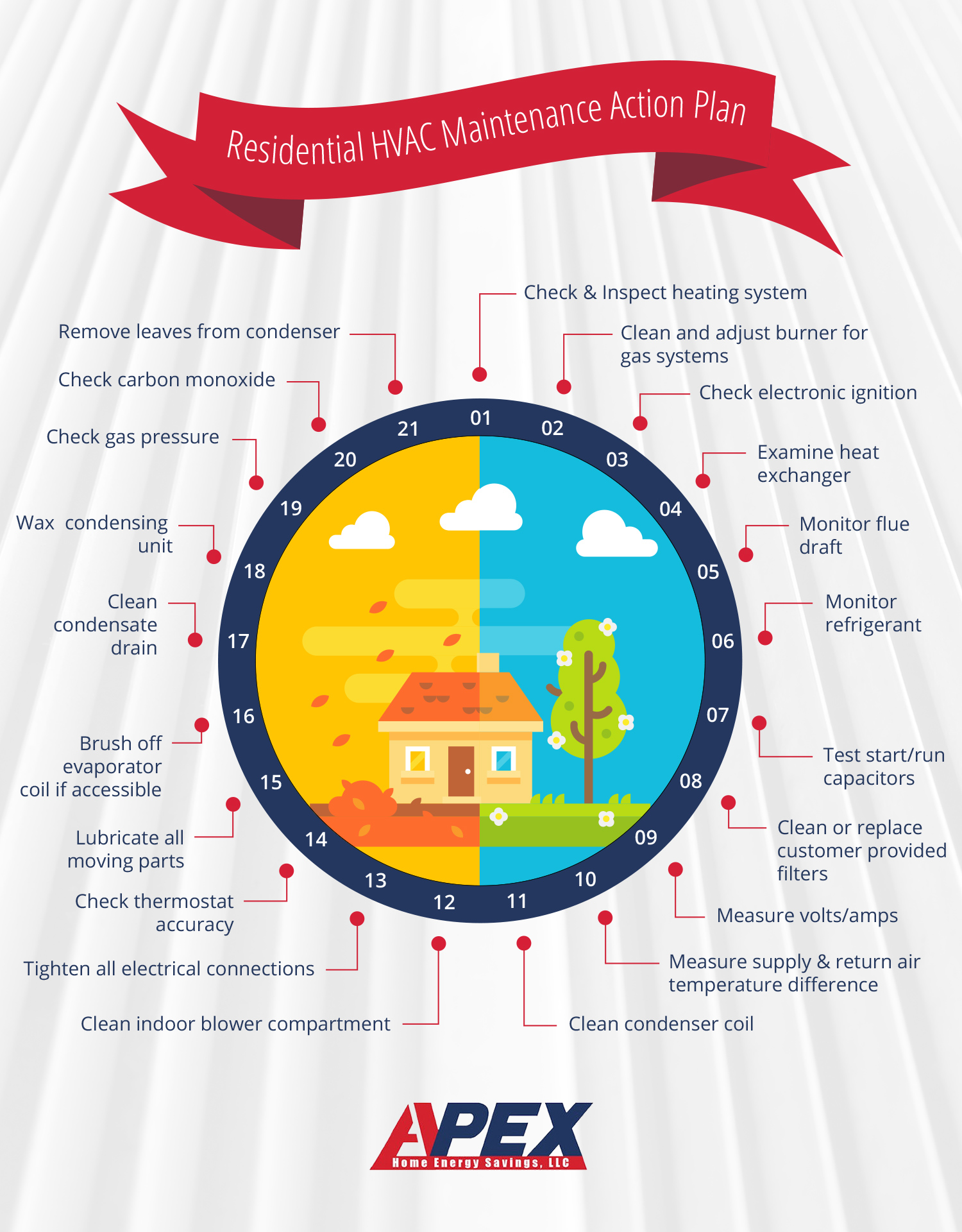The Future Of Home Home Heating - Just How Heatpump Innovation Is Advancing
The Future Of Home Home Heating - Just How Heatpump Innovation Is Advancing
Blog Article
Posted By-Skaaning Ringgaard
Heat pumps will certainly be an essential innovation for decarbonising home heating. In https://drive.google.com/drive/folders/1019ORns6pjOaHvLT24lhPI8vCwd1p-yv with governments' announced power and climate commitments, their global capability doubles by 2030, while their share in heating rises to one-quarter.
They work best in well-insulated homes and rely upon electrical energy, which can be supplied from a renewable power grid. Technical innovations are making them much more efficient, smarter and less costly.
Fuel Cells
Heat pumps utilize a compressor, refrigerant, coils and fans to relocate the air and heat in homes and appliances. They can be powered by solar power or power from the grid. They have been acquiring popularity due to their inexpensive, peaceful operation and the capability to generate electricity throughout peak power demand.
Some business, like IdaTech and BG MicroGen, are dealing with fuel cells for home heating. These microgenerators can replace a gas boiler and produce some of a home's electrical needs with a link to the electrical energy grid for the remainder.
Yet there are reasons to be skeptical of using hydrogen for home heating, Rosenow claims. It would be pricey and inefficient compared to various other modern technologies, and it would certainly add to carbon exhausts.
Smart and Connected Technologies
Smart home modern technology enables house owners to connect and manage their tools from another location with making use of mobile phone apps. For example, smart thermostats can discover your home heating choices and automatically adapt to maximize power usage. Smart illumination systems can be regulated with voice commands and immediately switch off lights when you leave the room, reducing power waste. And wise plugs can keep an eye on and manage your electrical use, permitting you to determine and restrict energy-hungry devices.
The tech-savvy family portrayed in Carina's meeting is an excellent illustration of how residents reconfigure space heating techniques in the light of brand-new smart home modern technologies. They count on the tools' computerized attributes to accomplish day-to-day changes and regard them as a practical ways of performing their heating methods. Thus, they see no reason to adjust their techniques better in order to enable adaptability in their home power need, and treatments focusing on doing so may deal with resistance from these families.
Electricity
Considering that warming homes represent 13% of US exhausts, a button to cleaner choices might make a large difference. Yet the innovation encounters challenges: It's expensive and requires extensive home renovations. And it's not constantly suitable with renewable resource resources, such as solar and wind.
Until just recently, electrical heatpump were too expensive to compete with gas designs in a lot of markets. However brand-new innovations in style and products are making them more cost effective. And much better chilly environment performance is enabling them to function well also in subzero temperature levels.
The next step in decarbonising heating might be making use of warmth networks, which attract warmth from a main source, such as a close-by river or sea inlet, and distribute it to a network of homes or structures. That would certainly reduce carbon exhausts and enable homes to capitalize on renewable energy, such as green electricity from a grid provided by renewables. This alternative would be less expensive than switching over to hydrogen, a fossil fuel that calls for new infrastructure and would just minimize CO2 emissions by 5 percent if coupled with improved home insulation.
Renewable resource
As electricity prices go down, we're starting to see the very same pattern in home heating that has actually driven electrical cars and trucks right into the mainstream-- but at an also faster rate. The strong climate instance for electrifying homes has been pressed even more by brand-new research.
Renewables make up a considerable share of modern warm consumption, however have actually been offered minimal policy attention worldwide contrasted to other end-use sectors-- and also much less attention than electrical power has. Partly, instalation services mirrors a mix of customer inertia, divided incentives and, in several nations, aids for fossil fuels.
New modern technologies can make the shift much easier. As an example, heatpump can be made a lot more energy efficient by replacing old R-22 refrigerants with brand-new ones that do not have the high GWPs of their precursors. Some experts likewise picture district systems that draw warmth from a close-by river or sea inlet, like a Norwegian arm. https://docs.google.com/spreadsheets/d/1OF6iqsyIAkh2jXHF5MQcFBxUuLa7aTTJPBnZ4DhDyVo/edit?gid=665658421#gid=665658421 can then be used for heating and cooling in a community.